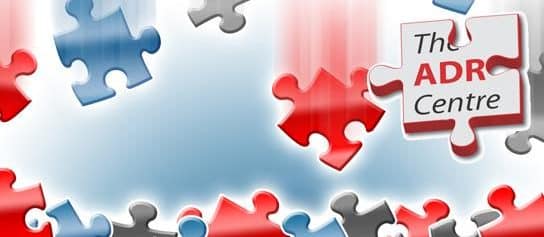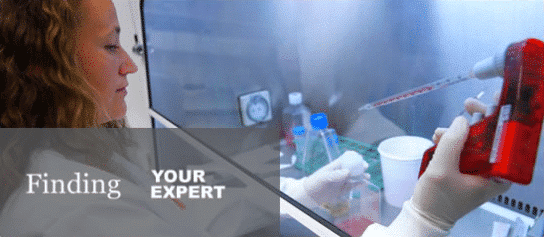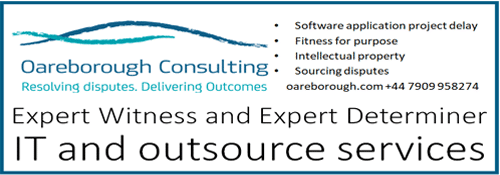Following the preparation of The Academy’s Code of Practice and the Guidelines, the need for guidance related specifically to the use of forensic expert evidence in criminal proceedings was recognised. These Additional Guidelines have been prepared by an Academy Working Party chaired by Anthony Scrivener QC.
The brief for the Working Party was to consider the desirability of having a special code or guidelines for Forensic Scientists and if appropriate to prepare recommendations.
Additional Guidelines for Forensic Scientists
- The Guidelines apply where members of the Academy are approached to do work or provide an expert opinion in any matter which could lead to Court proceedings.
- It is the overriding duty of members to act at all times with integrity, fairness and impartiality. All of the rules which follow should be interpreted in the light of this overriding duty.
- Members must satisfy themselves at all times that they have the competence and expertise to do the work or to give the opinion sought. This duty involves ensuring that such competence and expertise is up to date with relevant current standards and knowledge. This is not just a personal duty. Members of a firm or partnership must satisfy themselves about these matters with respect to any partner, associate or employee who is asked to give an opinion.
- Members must ensure that they have all the information necessary to do the work or to give an opinion.
- Members must ensure that they have access to such facilities or equipment as may be necessary to do the work or to give the opinion. If they have not then it is their duty to decline to act.
- Where members carry out tests or any form of investigatory work, whether in a laboratory or otherwise, they must ensure that the results of all tests are fully, contemporaneously and accurately recorded and are in such a form that the contents can be reviewed for reliability and accuracy by another expert in the same speciality. In all cases, the relevant protocol used must be identified.
- All records must include the results of all tests or investigatory work whether or not:
- they were relied upon in doing the work or giving the opinion;
- they were carried out or performed personally, or by someone else.
- All records must be retained in safe custody for such period as is specifically required by a Court, Tribunal or the client. In any event, the following are the minimum periods for retention. Where the work or opinion relates to:
- Cases involving homicide, riot, Official Secrets Acts, Treason, and other offences against the State, Terrorist offences, class 1 offenders involving serious criminal cases, kidnapping and all cases in which a sentence of life imprisonment has been imposed: 20 years.
- Other cases tried on indictment: 10 years.
- All cases tried summarily: I year.
- All other cases: 1 year.The times referred to above date from the time when the case was finally disposed of by a Court or Tribunal
- Members may give an opinion based on tests or other work carried out by others subject to the following.
- they must be satisfied of the competence and expertise of the person concerned to carry out tests or work required;
- they must have identified specifically to the person concerned the nature of the tests or work to be undertaken and where appropriate the protocol to be used;
- the whole process must have been effected under their real and effective supervision so that they can vouch for the propriety of the procedures used and support the results;
- where the tests or work are undertaken by others, the records must clearly shoo such tests or work, their date and identify the persons who carried them out.
- Members may on request provide preliminary advice, including an opinion, orally. Any, opinion which will or may be used in the course of Court proceedings must be expressed in writing and observe the following rules:
- to set out all qualifications and experience relevant to the matters in issue;
- to indicate and distinguish between facts supplied to them by others, facts they have been asked to assume and facts they have discovered or ascertained themselves. Where they have verified facts supplied by others, this should be stated;
- to indicate the tests and work done upon which have relied and where records of the same are kept;
- to identify by name anyone else involved in the tests and work;
- to bear in mind at all times that they alone must determine the wording of any opinion given;
- to consider carefully the words they use which indicate the degree of certainty with which it is possible to express an opinion;
- to refer to and on request to supply or provide access to any other papers or results recorded in any journal or elsewhere which they have taken into account in reaching an opinion;
- to bring to the notice of the instructing Solicitor records of all experiments and tests or other work which might tend to disprove or cast any doubt upon an opinion they are expressing in order that the solicitor may consider disclosure too other parties.
- Members may meet with other experts instructed in connection with the possible Court proceedings, and may discuss matters relevant to their tests, work or opinion, subject to the following conditions:
- they must first obtain the express consent of the client or instructing solicitor;
- in the case of possible criminal proceedings such meetings must not be on a “without prejudice” basis;
- notes of the meetings must be kept and where possible agreed with those taking part;
- meetings should be attended only by experts unless expressly agreed otherwise.




